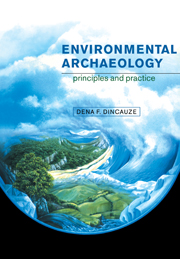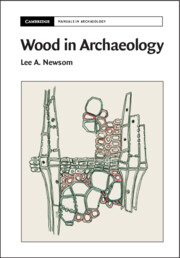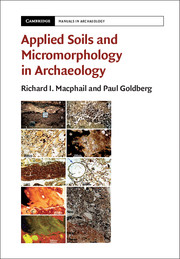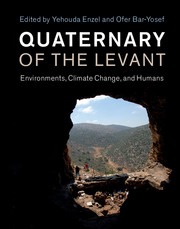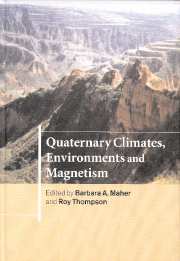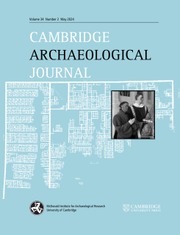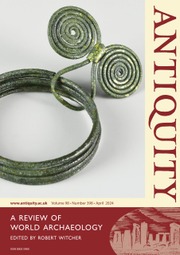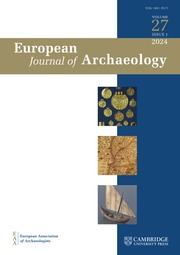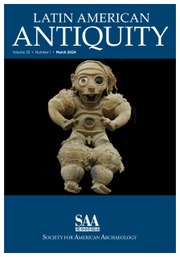Environmental Archaeology
Archaeologists today need a wide range of scientific approaches in order to delineate and interpret the ecology of their sites. Dena Dincauze has written an authoritative and essential guide to a variety of archaeological methods, ranging from techniques for measuring time with isotopes and magnetism to the sciences of climate reconstruction, geomorphology, sedimentology, soil science, paleobotany and faunal paleoecology. Professor Dincauze insists that borrowing concepts from other disciplines demands a critical understanding of their theoretical roots. Moreover, the methods that are chosen must be appropriate to particular sets of data. The applications of the methods needed for an holistic human-ecology approach in archaeology are illustrated by examples ranging from the Paleolithic, through classical civilizations, to recent urban archaeology.
- Incorporates all the ancilliary sciences used by archaeologists in analysing paleoenvironments and intended as a general reference
- Key text for undergraduate and graduate students in environmental archaeology, which is taught in all major archaeological courses
- Maintains human ecological perspective throughout
Reviews & endorsements
"This book is a well-written and informative discourse on environmental archaeology." Journal of Middle Atlantic Archaeology
"This important addition to the archaeological literature is certain to benefit graduate teaching in environmental archaeology." CHOICE March 2001
"Dincauze's comprehensive book provides an excellent survey of the study of environmental data and paleocology at archeological sites." CHOICE March 2001
Product details
January 2011Adobe eBook Reader
9780511889486
0 pages
0kg
23 tables
This ISBN is for an eBook version which is distributed on our behalf by a third party.
Table of Contents
- Part I. Introduction:
- 1. Environmental archaeology and human ecology
- 2. Concepts for paleoenvironmental reconstruction
- 3. Mechanisms of environmental change
- 4. Human responses to environmental change
- Part II:
- 5. Introduction to chronometry and correlation
- 6. Measuring time with isotopes and magnetism
- Part III:
- 7. Climate: the driving forces
- 8. Climate reconstruction
- Part IV. Geomorphology:
- 9. Landforms
- 10. Landforms of shores and shallow water
- Part V. Sediments and Soils:
- 11. Basic principles of sedimentology and soils science
- 12. Archaeological matrices
- Part V. Vegetation:
- 13. Concepts and methods of paleobotany
- 14. Vegetation in paleoecology
- 15. Concepts and methods for faunal paleoenvironments
- 16. Faunal paleoecology
- 17. Humans among animals
- Part VIII. Integration:
- 18. Anthropocentric paleoecology.

